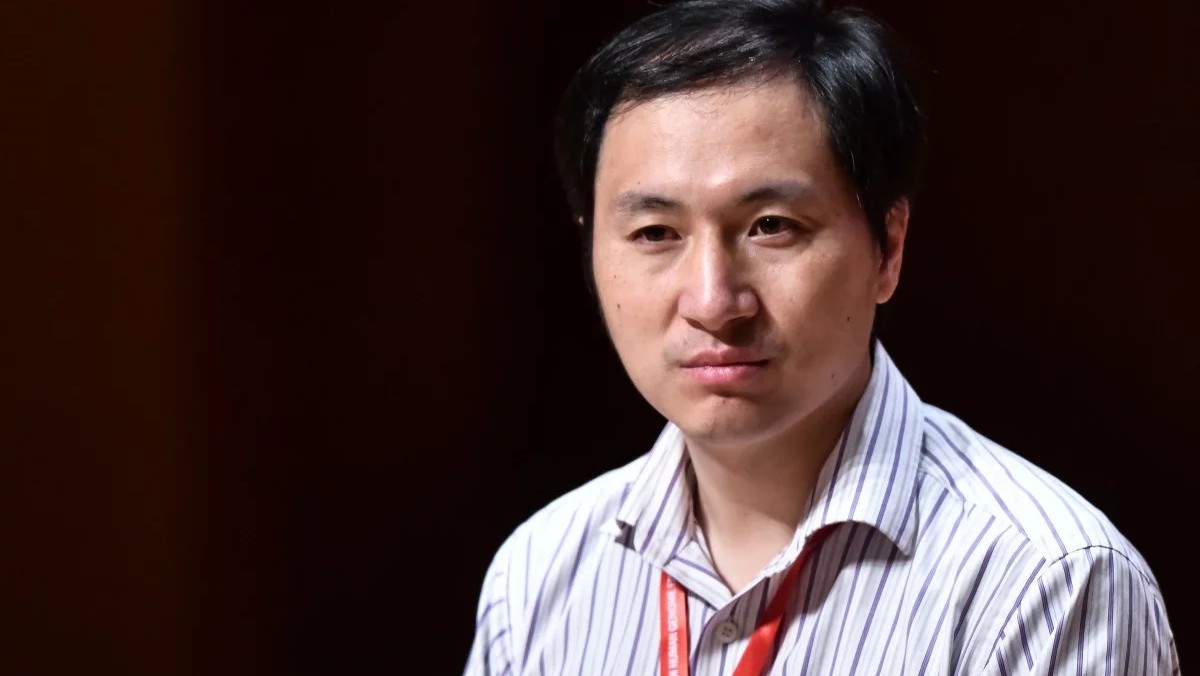
Chinese scientist who modified human genome jailed for three years
Was he just unlucky?
He Jiankui
A Chinese researcher who modified the human genome and boasted about it at an international conference in Hong Kong more than a year ago was sentenced to three years in prison and fined 3 million yuan (about US$430,000) in late December. He Jiankui was found guilty of illegally carrying out human embryo gene-editing intended for reproduction, in which three genetically edited babies were born.
According to the official Chinese newsagency Xinhua, He Jiankui, a former associate professor with the Southern University of Science and Technology, and two others were convicted of illegal medical practice. The Shenzhen court said that although the three scientists were not qualified to work as doctors, they had knowingly violated the country's regulations and ethical principles to practice gene editing in assisted reproductive medicine. It said their acts were “in the pursuit of personal fame and gain” and have seriously “disrupted medical order.”
A number of observers were dissatisfied with the lack of transparency in the trial of He and his colleagues. Bioethicist William Hurlbut, of Stanford University, told Science that the secrecy surrounding the proceedings means “obscured He’s large network of support, which included prominent scientists and even some in the Chinese government”. “It really is hanging someone out to dry when he was being encouraged and cooperative with the spirit of his society,” Hurlbut said.
Nor was any information released about the health of the children that He’s team created. “The Chinese owe it to the rest of the world to make material from the children available for analysis under conditions where the source of the materials is unambiguously known,” says Nobel laureate David Baltimore, of the California Institute of Technology.
Although He clearly overstepped ethical boundaries, it seems that scientists in China often do the same. Beijing scientists recently created the world’s first pig-monkey chimeras, for instance.
And other scientists have collected blood samples, probably without consent, drawn some of the country’s 1 million imprisoned Uyghurs. The purpose of their research is to find a way to predict a person’s appearance from DNA samples – in other words, to tighten the grip of police surveillance of a persecuted ethnic minority.
According to the New York Times, “International scientific journals have published their findings without examining the origin of the DNA used in the studies or vetting the ethical questions raised by collecting such samples in Xinjiang.”
The real moral of the story of He Jiankui is that in China, ethics is what you can get away with. He may have just been unlucky.
Michael Cook is the editor of BioEdge
Creative commons
https://www.bioedge.org/images/2008images/FB_he.jpg
gene editing
he jiankui
- How long can you put off seeing the doctor because of lockdowns? - December 3, 2021
- House of Lords debates assisted suicide—again - October 28, 2021
- Spanish government tries to restrict conscientious objection - October 28, 2021
